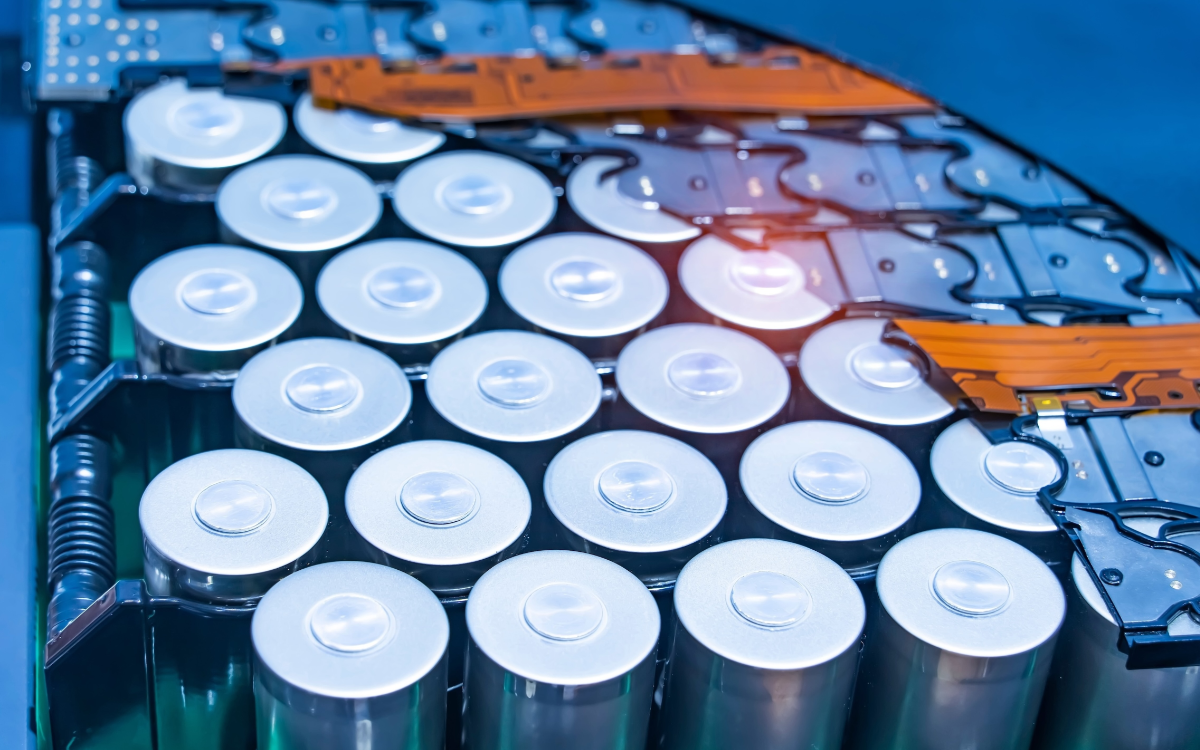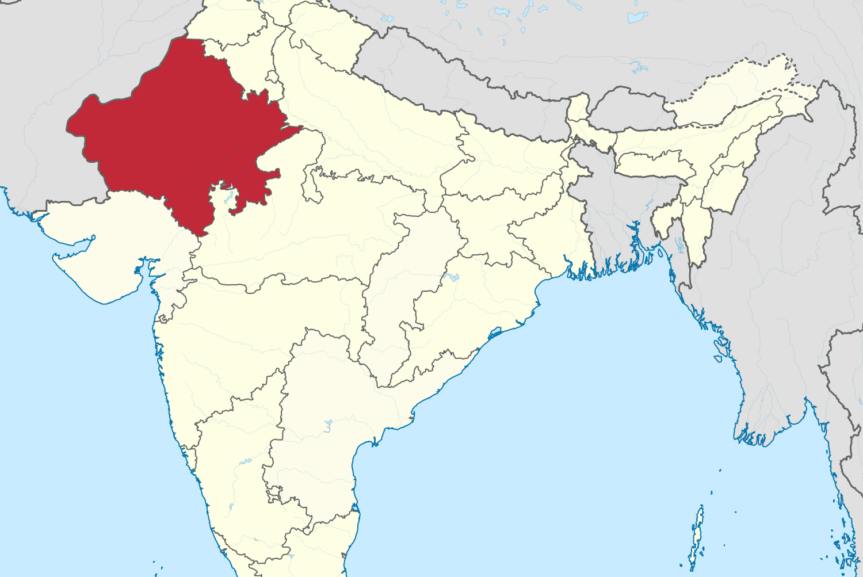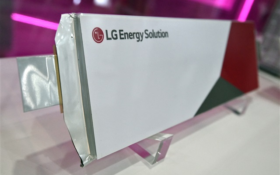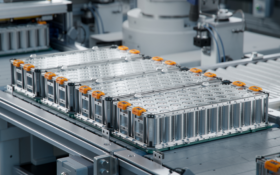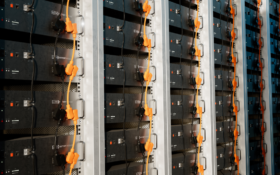A new study by Infyos, a new British AI-based supply risk platform, claimed around 75% of the critical global battery supply chain is at risk of violating US and EU legislation on forced labour. This would affect many major battery manufacturers and end users, including some of the world’s largest automotive, energy storage and electronics brands.
Infyos has compiled data from evidence on their AI supply chain risk platform. The background material contains government datasets, NGO reports, news articles and social media sources. Its AI technology has been developed specifically for the battery industry to automate the gathering, cleansing and classification of unstructured data.
The purpose was to identify and assign confidence ratings to allegations of human rights abuses with accuracy and speed that previously was not possible.
Tony To, co-founder and CTO of Infyos, said: “Our platform is designed to provide users with insights into the complexities of the battery supply chain so they can take proactive measures to identify and mitigate risks. By leveraging AI in our technology, we’ve created a system that delivers accurate data despite the complexity of the battery industry.”
The risk cases include people being forced to work in lithium refining facilities under the threat of no or minimal pay, even five-year-old children mining cobalt materials out of the ground in hazardous conditions.
Countries mentioned are Democratic Republic of Congo and Madagascar, but most of the allegations of severe human rights abuses are registered in China, particularly in the Xinjiang Uyghur Autonomous Region (XUAR).
Sarah Montgomery, CEO and co-founder, said: “The relative opaqueness of battery supply chains and the complexity of supply chain legal requirements means current approaches like ESG audits are out of date and don’t comply with new regulations.”
James Greenberger, executive director of NAATBatt International, told BEST he “had no idea” whether Infyos’ information was accurate. “But it speaks to the larger problem of China’s undercutting the lithium battery supply chain in the US and much of the Western world by flooding it with low-priced imports.
“How China is able to provide these imports at such consistently low prices is an open question. The answer may be lower labour rates, lower capital costs, huge direct and indirect government subsidies, forced labour or some combination of all the foregoing. But the US and its allied nations need to address this issue, hopefully in cooperation with the Chinese, but, if necessary, without them. I hope that after the November elections in the United States we can have a serious discussion in the Western world about how to approach this problem.”

